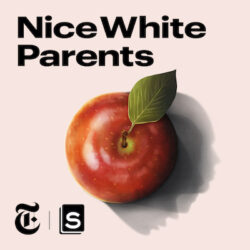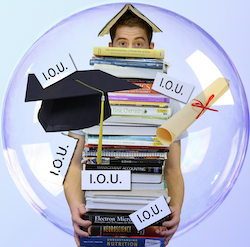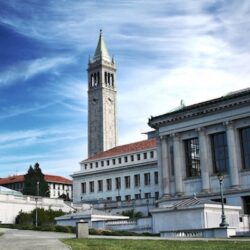
People often ask me how to fix public education. I usually answer with a long list of problems, but I don’t have the answer. What I have never said, however, is: “If you want to understand why schools aren’t better, you have to look at White parents.”
Nice White Parents, the new podcast by Serial Productions, boldly and unapologetically goes there. It’s a tale of White parents with benevolent intentions clumsily wielding their power without even knowing it. It’s the story of White agenda-setting with little attention to the needs or priorities of anyone else.
Reported and hosted by Chana Joffe-Walt, the five-part series tells the story of a 60-year relationship between White parents and the local public school. But the reporting also paints a broad picture of how White parents have engaged with public education since school integration in 1954.
The story is familiar. A group of well-meaning White parents mobilizes to send their kids to the local public junior high school (if we all enroll, it’ll be great). The school sits between two neighborhoods — one White and affluent, the other poor and non-White. The school demographic is almost entirely non-White and poor. And it’s terribly under-enrolled.
With best intentions, over 100 White parents enroll their kids, joining just 30 Black and brown kids. What follows is utterly predictable: A collision between two very different understandings of integration, driven by the reality that whiteness comes with benefits and advantages not shared by many people of color.

But it’s far more complicated on the ground. White parents bring connections and money with a desire to improve schools — on their terms. Black and brown parents see them as interlopers, coming to save their poor little school with their money and vision.
The juxtaposition is illustrated when a White sixth-grader claims, “It used to be a bad school. We turned it around. Now it’s a top choice. Its status has changed.” On the other hand, the Puerto Rican PTA president felt like she was being saved against her will. “Money twists everything around,” she says.
When I first opened a public charter school in Los Angeles, it was located close to rich and poor, predominantly White and non-White neighborhoods. The first class was about half White. The next year the White population decreased to 40%. That’s when the White flight began. Within a few years, the school only had 10% White students, and soon after, just 2%.
This is not unique.
There seems to be a code White parents often use when talking about largely segregated public schools. During my time running schools, it most often showed up as, “it’s just not the right fit for our family.” Joffe-Walt reflected on what White parents say to other White parents about the decision not to send their kids to majority non-White schools. “It’s too strict, too chaotic, or too disruptive… the test scores are bad…w e want more play, we want fewer worksheets, we don’t want to ride a bus, we don’t want uniforms, we don’t want tests.” In more candid moments, I’ve heard White parents say that they believe in public education, but they don’t want to ‘sacrifice’ their children for it.
The series left me wondering whether it’s possible for White parents to return to public schools without exercising their privilege. And if the answer isn’t a clear yes, can public education ever really soar?
From engineering school populations to a failure to recognize privilege, White parents can often seem like a bull in the china shop who came crashing in to save the china. Nice White Parents slashes open the wounds of decades of school segregation, exposing a deep gash. Sadly, it leaves us wondering if there’s any way to solve the problem.
Nice White Parents is reported and hosted by Chana Joffe-Walt, a This American Life producer whose education reporting has received The Peabody Award. She was previously a reporter at NPR where she helped create the show Planet Money.


